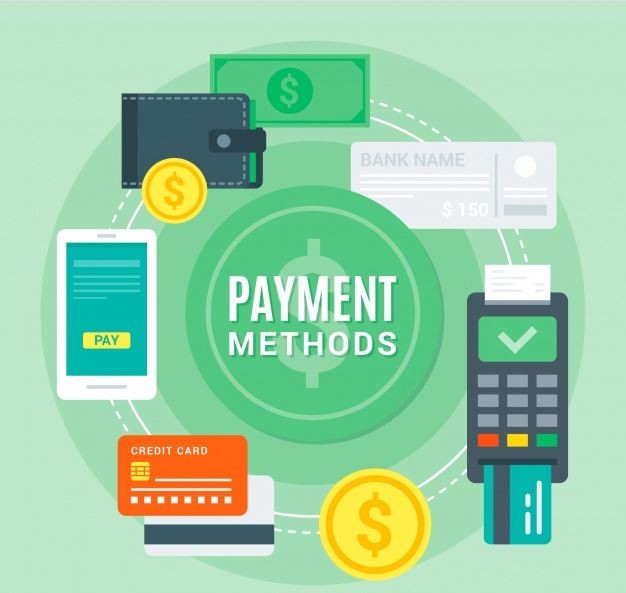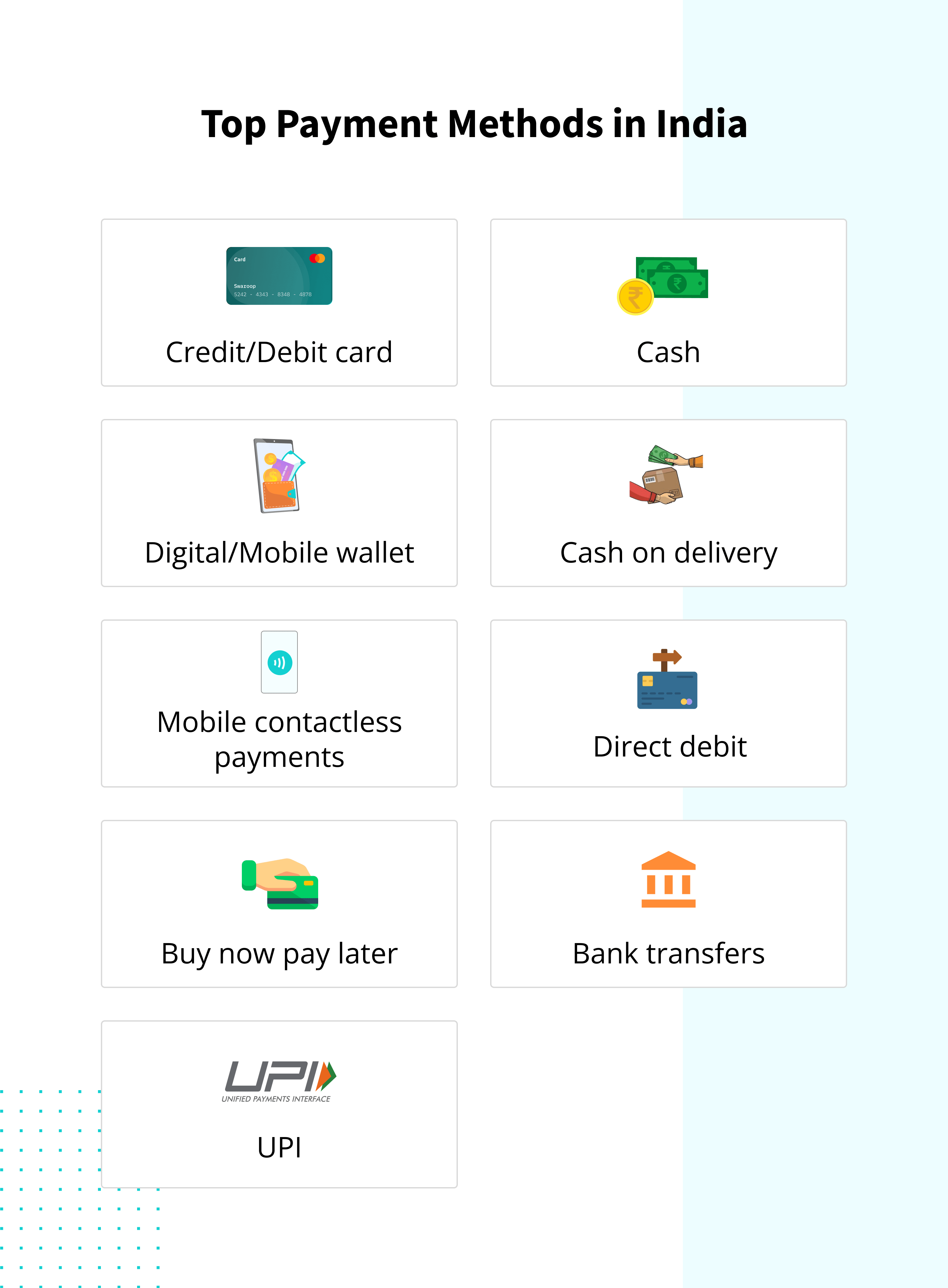AUTHOR: SAYYED NUZAT
DATE: 23-08-2023
In today’s fast-paced digital landscape, payment processing[1] methods play a pivotal role in facilitating seamless transactions[2] between businesses and consumers. As we move away from traditional cash-based transactions, understanding the various payment processing[3] methods available is crucial for both businesses and consumers. This article delves into the world of payment processing[4], exploring different methods, their advantages, and also their impact on the modern economy.
Introduction
In the age of e-commerce and digital transactions, payment processing[5] methods have undergone a significant transformation. Gone are the days when people relied solely on cash and checks to settle bills or make purchases. Today, a myriad of payment options are available, each with its unique features and also benefits.
The Evolution of Payment Processing
Payment processing has evolved alongside technology. From barter systems to the introduction of coins and paper money, the history of payments is a testament to our quest for convenience and also efficiency.
Traditional Payment Methods
Cash Transactions
Cash[1] transactions involve physical currency, such as coins and banknotes[2]. While still widely used, cash is becoming less prevalent due to the rise of digital alternatives.
Checks and Money Orders
Checks and money orders provide a secure way to transfer funds, particularly for larger transactions. However, they are slower compared to electronic[3] methods.
Card-Based Payments
Credit Cards
Credit cards[4] offer a line of credit to users, allowing them to make purchases on credit and pay later. They are widely accepted globally.
Debit Cards
Debit cards[5] deduct funds directly from the user’s bank account when making a purchase. They are convenient for everyday transactions.
Prepaid Cards
Prepaid cards are loaded with a specific amount of money and are not linked to a bank account. They provide budget control and security.
Online Payment Gateways
Online payment gateways facilitate e-commerce transactions. They securely process payments between customers and also online businesses, ensuring data protection.
Mobile Payment Solutions
Mobile wallets, like Apple Pay and Google Wallet, allow users to store payment information on their smartphones for quick and convenient transactions.

Peer-to-Peer (P2P) Payments
P2P payment apps like Venmo and PayPal enable users to send money directly to friends and family, simplifying everyday financial exchanges.
Digital Currencies
Bitcoin and Cryptocurrencies
Cryptocurrencies like Bitcoin have gained popularity as decentralized digital currencies, offering a new way to conduct online transactions.
Contactless Payments
Contactless payments use near-field communication (NFC) technology, allowing users to make payments by tapping their cards or phones on a compatible reader.
Biometric Payments
Biometric payments, such as fingerprint or facial recognition, provide enhanced security and convenience in payment processing.
Payment Processing for E-commerce
E-commerce businesses rely on payment processing systems to accept online payments, making it essential to choose the right payment gateway.
Security in Payment Processing
With the increase in digital transactions, the security of payment processing has become a paramount concern. Encryption and fraud prevention measures are crucial.
The Role of Payment Processors
Payment processors act as intermediaries between businesses and financial institutions, ensuring smooth and secure transactions.
Future Trends in Payment Processing
As technology continues to advance, payment processing will likely see innovations in areas like blockchain, artificial intelligence, and biometrics.
Conclusion
In a world driven by digitalization, understanding payment processing methods is essential for businesses and consumers alike. With an array of options available, choosing the right payment method can streamline transactions, enhance security, and improve financial management.
FAQs
1. What is the most secure payment method?
The security of payment methods varies, but credit cards and digital wallets often offer robust security features like encryption and fraud protection.
2. Are cryptocurrencies widely accepted for payments?
While cryptocurrencies like Bitcoin are gaining acceptance, their adoption as a mainstream payment method is still evolving.
3. How do payment processors work?
Payment processors facilitate transactions by transmitting payment data between businesses and financial institutions, ensuring funds are transferred securely.
4. What are the benefits of contactless payments?
Contactless payments offer speed and convenience, allowing users to make payments swiftly by tapping their cards or phones.
5. Can I use biometric payments for all transactions?
Biometric payments are increasingly common, but their availability depends on the technology infrastructure of the business you are dealing with.





